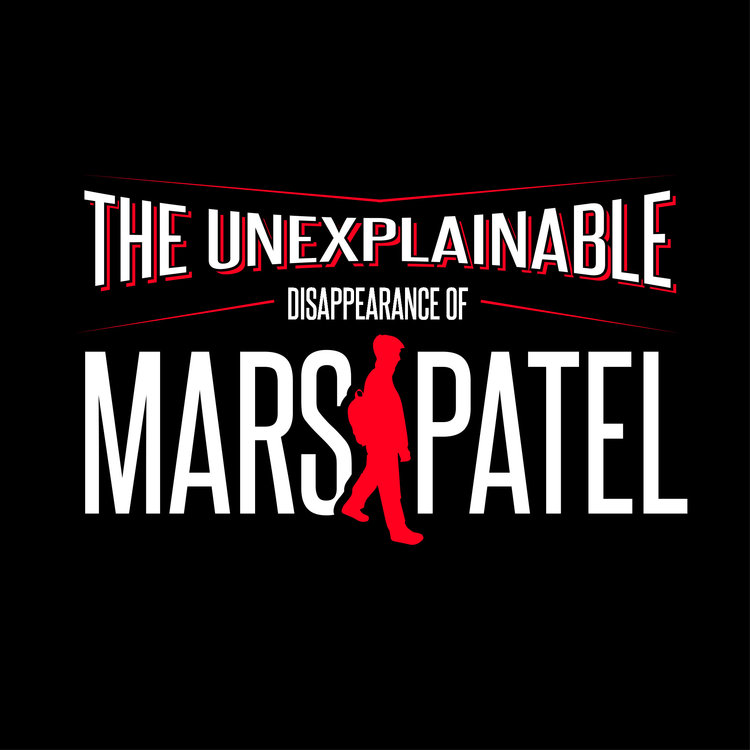When I first talked with Chris Tarry in the early days of fall 2016, the podcast he helped put together, The Unexplainable Disappearance of Mars Patel, had barely begun, with only one full episode released. Even with just that single episode, it was clear that the serialized mystery featuring the middle schooler Mars and his friends trying to figure out why some of their friends are disappearing had production, writing, and voice acting talent in spades.
Less than seven months later, the podcast joined the Panoply network as their first kids podcast, and has been widely celebrated, most notably in securing a Peabody Awards nomination, one of only nine podcasts to be so recognized (and the only one specifically for a kids' audience).
So like the title character in Season 1, the show itself has most definitely left the launching pad and is heading To. The. Stars. That, in case you aren't a fan already, is the catchphrase of Oliver Pruitt, the namesake of the mysterious Pruitt Prep and a man of hidden motivations who constantly manipulated Mars and others during the course of Season 1.
Season 2 begins Monday, and with the beginning of the second season, I thought it'd be fun to check back in with Tarry to see how his life with the show has changed, and what we can expect in Season 2 -- not plot twists, mind you, what's the fun in knowing that?, but the overarching story goals. If you haven't started subscribing to the show for your older elementary schoolers, now's the time. Of the growing number of podcasts for kids, this is still one of the best.
Zooglobble: What are your narrative and story-telling goals with this season?
Chris Tarry: With season two we've really tried hard to continue the arc of the story in way that feels like we've picked up right where we left off. In season one, Oliver Pruitt was clearly in charge, and there was this sense that he was in control of the various story revelations and pacing of the podcast, and that he was operating a fair distance (perspective wise) from the time line of the show. I don't think it's giving too much away to say that in this season, the show begins to catch up to him.(edited)
Zooglobble: What was the most gratifying part of the past 7 months or so since Mars Season 1 came out?
The most gratifying part of the show since last season has been that our audience has continued to grow even though we haven't released a new episode in months. It's also nice that the podcast has started to receive a little success in terms of recognition (the Peabody nomination, a few other high-profile awards and press). As you know, we conceived and launched the show as an independent production, so to see it getting the attention outside the traditional podcast areas is a very nice feeling.
What do you hope to accomplish through your affiliation with Panoply (congratulations!), both in terms of storytelling and production as well as broader awareness, that you couldn't as an independent production?
We're really excited about our partnership with Panoply. They have been incredibly supportive and the relationship has allowed us to take the production of season two to new heights. We hope their substantial reach in the podcast world is going to help take the show to the next level audience-wise.
Do you already have plans for Season 3 mapped out?
Yes, we've got season three sketched and hope to be starting production soon!
What are you wearing to your Peabody Awards ceremony?
I'm going to start with pants and work my way up.

























